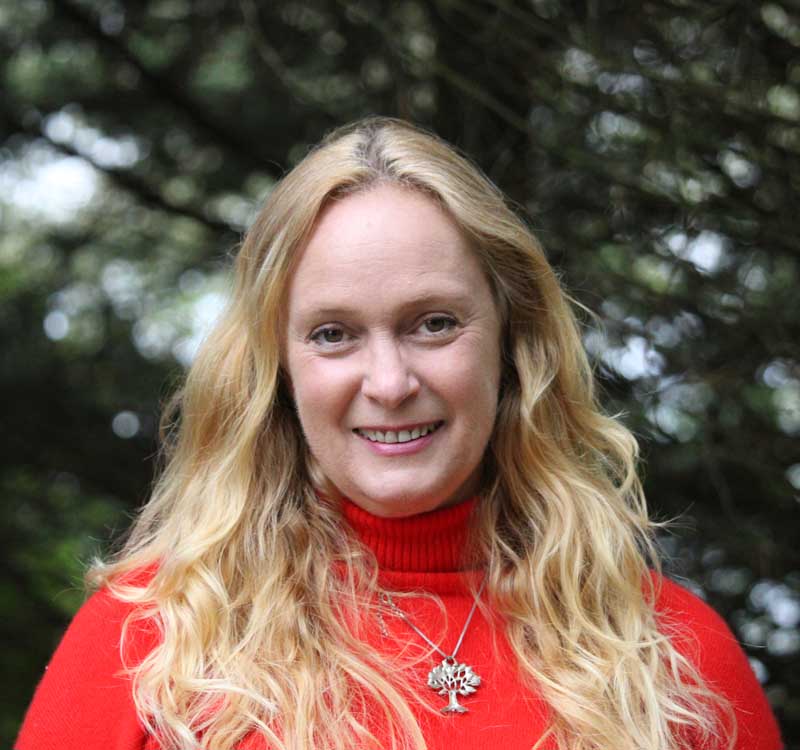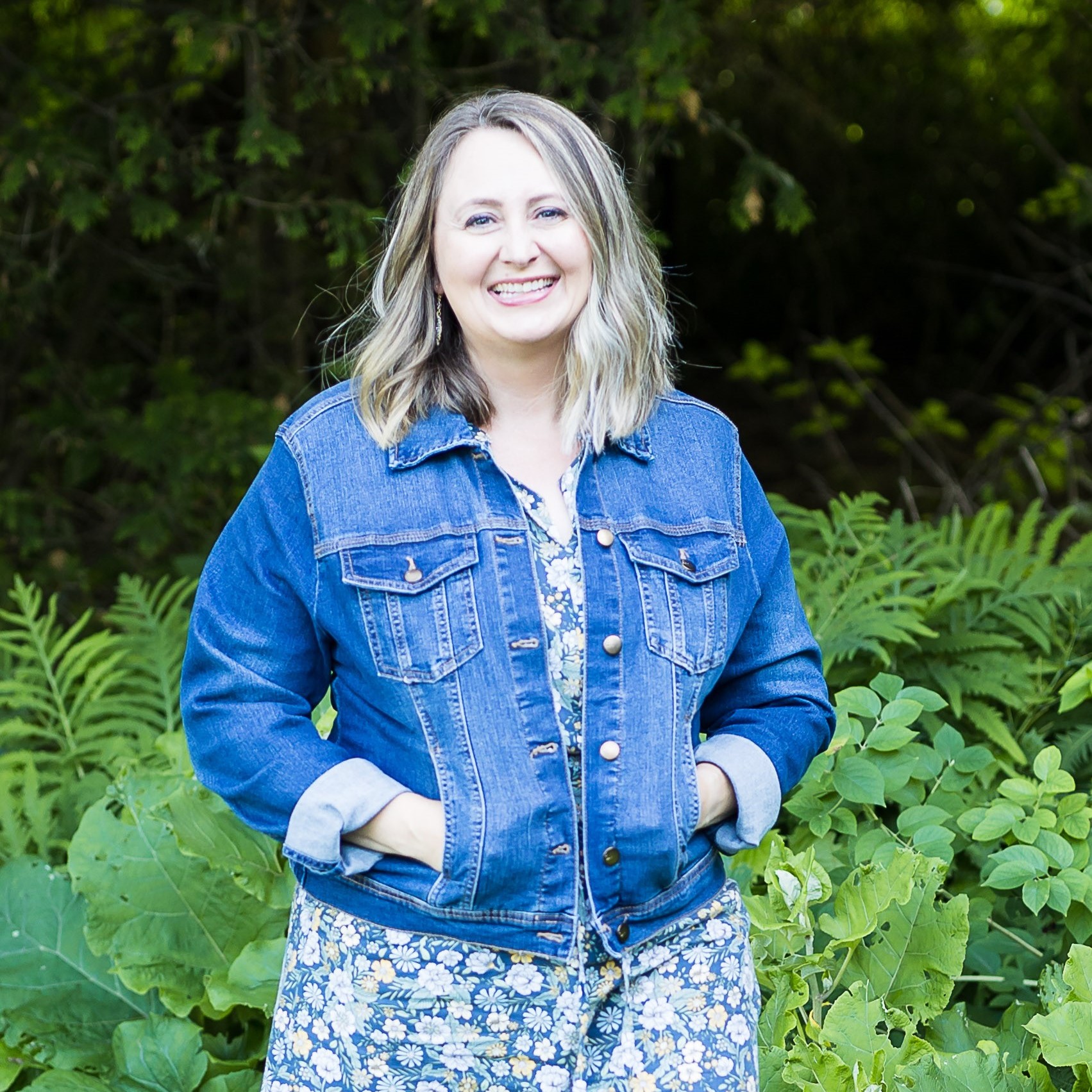ivy Group’s Coaching Practice Leader and Professional Coach, Silke Henke, provides personalized coaching to help individuals and teams reach their fullest potential in both work and life. We sat down with Silke to chat about the benefits of professional coaching, her intuitive coaching style, and more. Read our Q&A with Silke below.
- What inspired you to become a coach?
I was inspired by the profession of coaching about 25 years ago, and used many of its core concepts as I grew my own business and team. Coaching is powerful, and sometimes may even feel a bit magical if it’s done right. I have been on the giving end of this and the receiving end. I truly love being able to support others in growth and learning, and the shifts I see in clients are incredibly rewarding.
- Who can benefit from coaching?
From C-suite leaders to at-risk youth, all walks of people can benefit from coaching. Coaches ask questions that we often do not ask ourselves, and they partner with us to move through discomfort into growth and new opportunities. They support us in becoming better humans and in determining what we really, really want and the steps we need to take to get there. I often say “coaching is coaching is coaching” because regardless of your specialty in coaching, the work, the ethics and the competencies are the same. We all have commonalities when it comes to issues we are facing in life, work being a large part of that.
- What are some reasons someone might consider coaching?
Primarily, people choose coaching because they are at a transitional stage of their life, or because they are feeling stuck, or unsure of how they can grow and move forward. Even the most successful of individuals still have their challenges, or areas they need to work on. Coaching offers a safe and confidential space to really explore that, and to experiment with new perspectives.
- What do you enjoy the most about your job?
I love the “ah-hah” moments! When I see something in the client shift, or a new perspective or idea light up their face, it is an incredible gift to me! I equally love it when I see people open up because they feel safe to talk about anything with me; that level of trust between Coach and Coachee that often moves them forward in new ways. I also enjoy the ability to continually grow and learn as a coach, and continue to live my own life in a valuable and rewarding way.
- How do you structure your coaching sessions and programs?
Here is ivy’s typical process. Keep in mind that this is for 1:1 coaching, and we also offer team coaching. First, we offer a discovery call and assessment, where the coach works with the client to dive deeply into where the client is currently at, particularly in terms of values, strengths and important aspects of their lives. Next, we determine the gap between where the client currently is, and where they want to be. Then, we set a long-term agenda, answering questions like, “What is the long-term goal of the coaching?” and “What does the client want the outcome to be?”. This may change as the coaching proceeds, but it is always co-created together. That leads into the 1:1 sessions, which are best done in 10-12, or even more sessions. We aim to set six sessions as a minimum to see real progress. Within each coaching session, the coach creates an agreement with the client of what they are working on together, and what the client wants to walk away with that session, with the long-term agenda in mind. This is done through powerful questions, going into beliefs, assumptions, mindset, memories, experience, strengths and values. Eventually, we get to completion, the last coaching session, which would include a reflection of the work they have done, how they have progressed, and a plan to continue to move forward in their chosen direction.
- What types of results and benefits have your clients experienced?
My clients, and coaching clients in general benefit with clarity and insight into who they really want to be, and how they want to show up in all aspects of their life. Coaching can be specific to one area of their life, such as work or leadership, but all parts of their life tend to trickle into each other. Doing the work in one area of their life almost always benefits the other areas. From a work and leadership perspective, The International Coaching Federation (ICF)’s 2009 Global Coaching Client Study reported that clients saw “improved work performance, better business management, more efficient time management, increased team effectiveness and more growth and opportunities.”
- What differentiates your coaching approach from others?
I would say several things differentiate me as a coach. One would be my honesty and authenticity. I am who I am, flaws and all, and I will always be straight with you. I also bring with me a vast array of experiences and a well-lived life, and I think this helps me in understanding and empathizing with others. I work hard at my trade, and I really want to see my clients fully express themselves and move forward. I also like to think on multiple levels and often “see” things in my clients’ words that connect in a unique way to me, and which I will offer up to my clients. This often brings about new insights and perspectives to the client and allows them to progress towards their desired outcomes.





